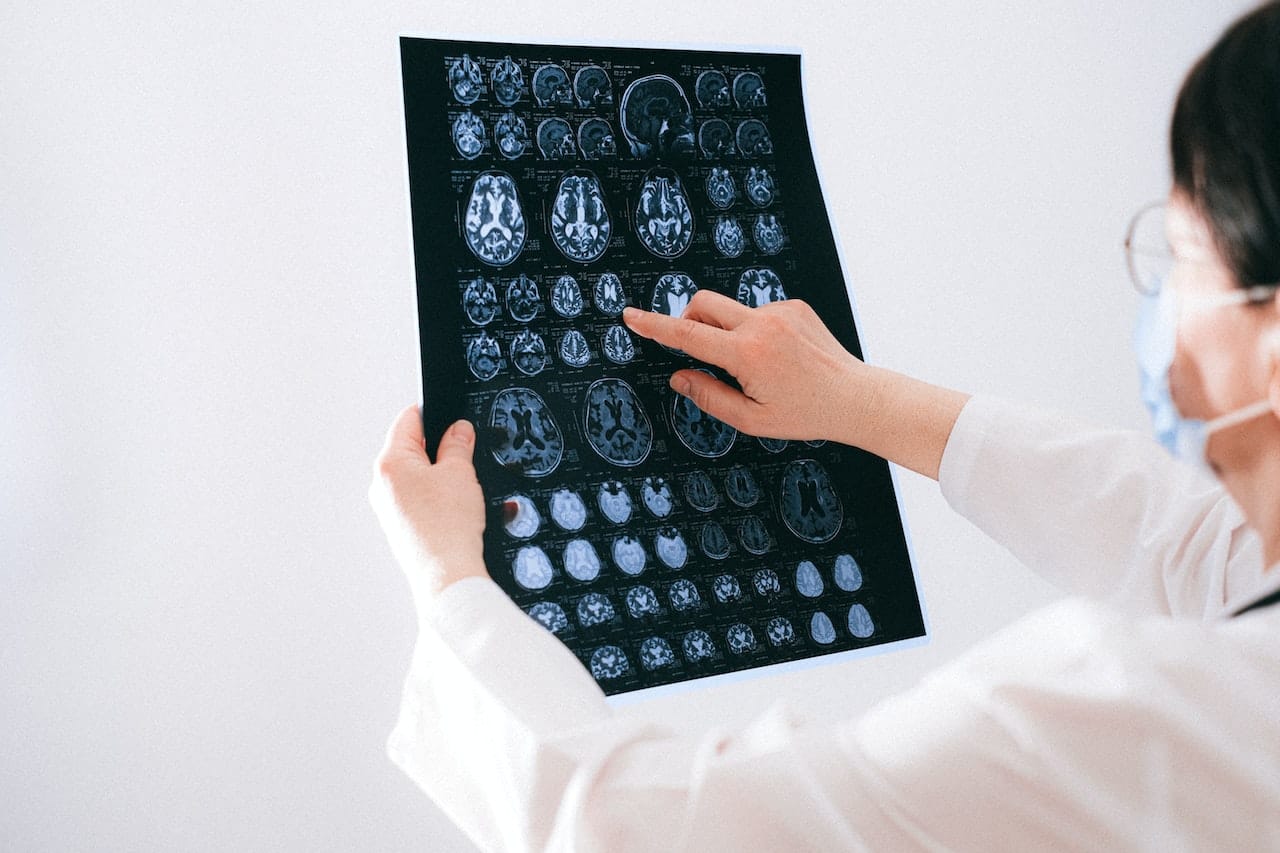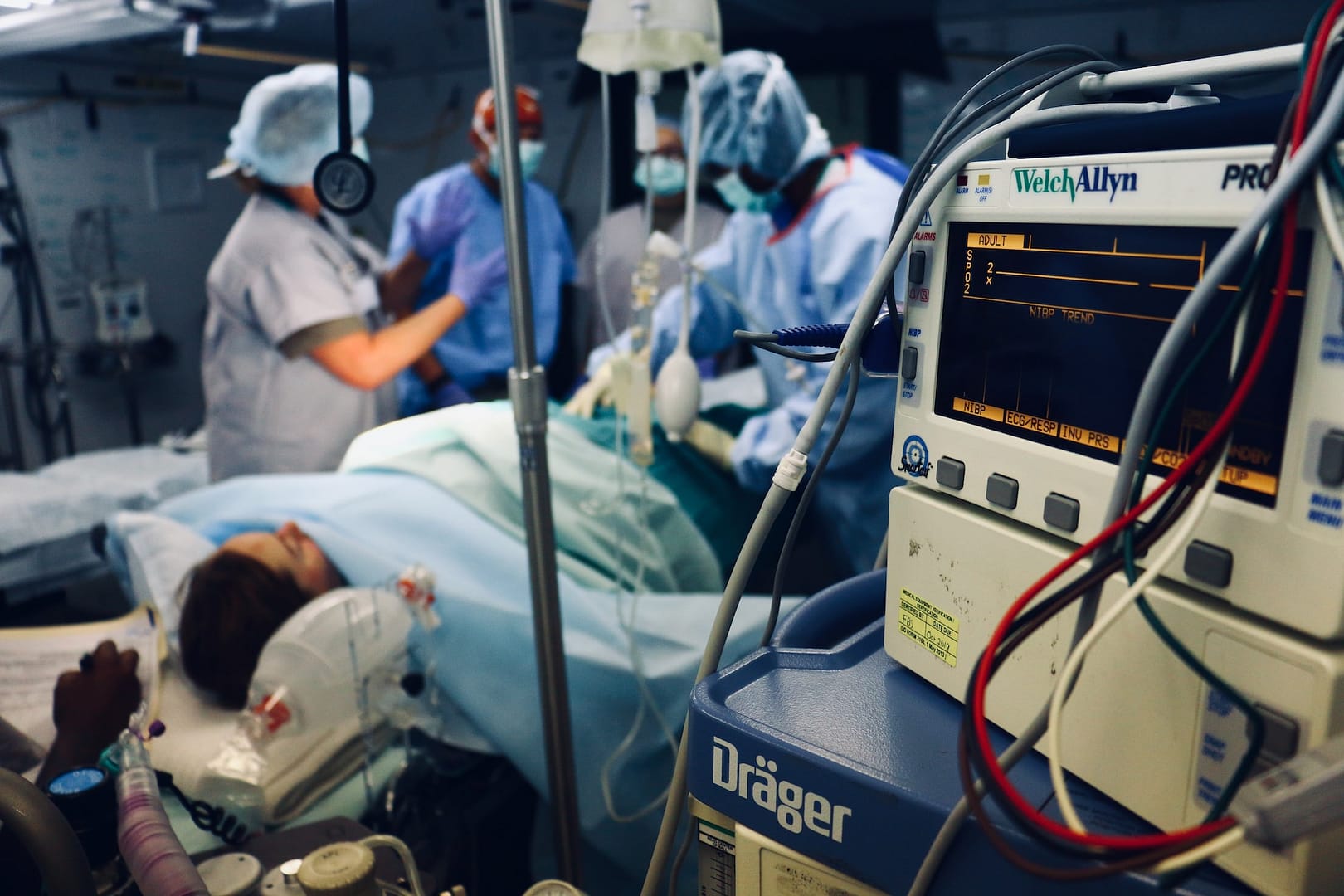Medical devices have become an integral part of modern healthcare, offering innovative solutions to improve patient outcomes. However, the unfortunate reality is that not all medical devices function as intended, leading to a myriad of complications and, in some cases, catastrophic consequences. In this article, we delve into the world of medical device failures, exploring their implications for clinical negligence claims and shedding light on the legal landscape surrounding these incidents.
Understanding Defective Medical Devices
To comprehend the gravity of medical device failures, we must first define what constitutes a defective medical device. Simply put, a defective medical device is one that does not perform as expected or poses unreasonable risks to patients. These devices can range from implantable devices like pacemakers and joint replacements to diagnostic tools and monitoring equipment.
The regulatory framework for medical devices in the UK is robust, with the Medicines and Healthcare products Regulatory Agency (MHRA) playing a pivotal role in ensuring the safety and efficacy of these devices. However, despite stringent regulations, some devices slip through the cracks, either due to flaws in the manufacturing process, inadequate testing, or unforeseen issues that arise after the device has been approved for use.
The Unsettling Reality of Medical Device Failures
Imagine a scenario where a patient undergoes a routine medical procedure, trusting that the implanted device will enhance their quality of life. Now, picture the distress when that very device malfunctions, causing severe health complications. This unsettling reality is an unfortunate consequence of medical device failures.
When medical devices fail, the repercussions can be devastating. Patients may experience pain, infections, organ damage, or even life-threatening conditions. The emotional toll on individuals and their families cannot be understated. Moreover, the financial burden associated with additional medical treatments, rehabilitation, and potential legal actions compounds the challenges faced by those affected.
Navigating the Legal Landscape: Clinical Negligence Claims
In the aftermath of a medical device failure, individuals often seek recourse through clinical negligence claims. These legal actions are based on the premise that healthcare professionals, manufacturers, or other parties involved in the use of the device may have been negligent in their duties, leading to the harm suffered by the patient.
Proving clinical negligence in the context of medical device failures is a complex process. It requires demonstrating that the healthcare provider or manufacturer breached their duty of care, leading to the patient’s injuries. Expert testimony, medical records, and thorough investigation are essential components of building a successful clinical negligence claim.
The Role of the Medicines and Healthcare products Regulatory Agency (MHRA)
In the UK, the MHRA serves as the regulatory authority overseeing medical devices. When a device failure is reported, the MHRA conducts investigations to assess whether there are systemic issues that warrant regulatory intervention. The findings of these investigations may influence the outcome of clinical negligence claims, providing crucial evidence to support the affected individuals.
While the MHRA plays a crucial role in ensuring the safety of medical devices, it’s important to note that their primary focus is on regulatory action rather than compensation for individual cases. Therefore, individuals pursuing clinical negligence claims must navigate a dual process involving both regulatory bodies and legal avenues.
The Complexity of Establishing Liability
Establishing liability in cases of medical device failures involves identifying the party or parties responsible for the defects or negligence. This can be challenging due to the intricate nature of the healthcare ecosystem, where multiple entities may be involved in the design, manufacturing, distribution, and implementation of a medical device.
Healthcare professionals, including surgeons and physicians, may be held liable if their actions or decisions directly contribute to a device failure. Similarly, manufacturers can be held accountable if it is determined that a flaw in the design or production process led to the device’s malfunction.
Seeking Compensation for Damages
Clinical negligence claims seek not only to hold responsible parties accountable but also to secure compensation for the damages suffered by the affected individuals. Damages may include medical expenses, loss of earnings, pain and suffering, and any long-term effects of the medical device failure.
In pursuing compensation, individuals often engage the services of solicitors who specialise in medical negligence cases. These legal experts work closely with medical professionals and investigators to build a robust case, presenting evidence that substantiates the claims of negligence and resulting harm.

Making a Clinical Negligence Claim with National Claims
At National Claims, we understand the challenges individuals face when dealing with the aftermath of medical device failures. Our dedicated team of solicitors is committed to helping you navigate the complex process of making a clinical negligence claim. From gathering evidence to liaising with medical experts, we strive to build a strong case on your behalf.
When you choose National Claims, you’re not just securing legal representation; you’re gaining a partner dedicated to advocating for your rights. Our experience in handling medical negligence cases, including those related to defective medical devices, allows us to provide comprehensive support tailored to your unique situation.
Conclusion
In conclusion, medical device failures present significant challenges for individuals who find themselves at the receiving end of unexpected and harmful consequences. Navigating the aftermath involves not only coping with the physical and emotional toll but also understanding the intricate legal landscape surrounding clinical negligence claims.
As we continue to witness advancements in medical technology, it is imperative that regulatory bodies, healthcare professionals, and manufacturers collaborate to minimise the risks associated with medical devices. Moreover, individuals must be aware of their rights and avenues for recourse in the unfortunate event of a medical device failure.
Remember, the implications of medical device failures extend beyond the individual affected—they resonate throughout the healthcare system, prompting a reevaluation of safety protocols and regulatory measures. In the pursuit of a safer healthcare environment, the stories of those impacted by medical device failures serve as powerful reminders of the need for diligence, accountability, and a commitment to patient well-being.
Get started on your claim today with the help of one of our claims specialists. Contact us now!
Click below to see why we are one of the most trusted claims management companies in the UK.

We’re proud of our excellent customer reviews
We thrive on delivering exceptional service and ensuring our clients’ satisfaction. Don’t just take our word for it. Check out some of our independent reviews to see what our clients have to say.
Excellent

This firm is excellent, they sorted out my car pay out and injury claim very fast, they always communicate with you all the time.

My accident case was dealt with confidence and with great result of the outcome, especially James kept me informed all the time.

I was very impressed at the way my inquiry was treated. I was listened to attentively and everything I needed to know was explained to me.






